

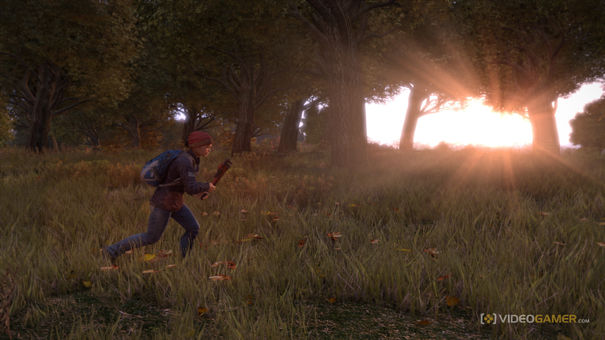

Gaming loves a trend. Everyone knows that. We’ve had cartoon-mascot platformers, 2D fighters, online shooters, plastic guitars, etc. There are enough to do a whole TV show about them, and Richard Blackwood would appear more than once. So no one wants that.
The latest trend, though, is a little bit more insidious than those fads from innocent days of yore. People, for reasons that I can barely fathom, are prepared - excited even - to part ways with cash for video games that are not finished. And in some cases, that don’t even exist.
In the past 12 months or so, Steam has seen the curious suffix ‘early access’ attaching itself to new releases; words that suggest that players are getting a treat, a special inside look at a title they shouldn’t be allowed to have yet. Of course, all it actually means is developers are now selling unfinished games. Happily and honestly. And the public is delighted, it would appear. Let’s take a look at the most prevalent examples; DayZ and Rust. Similar in many ways, but both (particularly in the case of DayZ) far from their final form, and in DayZ’s case still in a pre-alpha state. Yet they cost £19.99 and £14.99 respectively.
Day Z’s creator, though, Dean Hall, has been more than frank about the state of his phenomenally popular survival sim, actively encouraging people not to buy it, such was its propensity for falling apart at the seams. That didn’t stop the public, though. It has already sold over a million copies.
Still, there’s something disconcerting about this notion of paying for games that aren’t complete. I’ve no doubt that Hall will be using much of DayZ’s current revenue to prop up development and improve DayZ to a state that’ll be unrecognizable from where it is now, but can other developers be trusted to do the same?
There’s no contract in buying an early access product. It’s a leap of faith. And while you do at least get something tangible, unlike a Kickstarter (a noble cause that’s scarily ripe for misuse), you are essentially chucking money into the wild. Now, far be it from me to tell anyone what to do with their money. Throw it at the sun for all I care – it’s the consumer’s choice. It just creates a weird dissonance within me.
On the one hand it’s great to feel like you’re contributing to someone’s passion project, helping out as a project you want to see succeed lurches towards its final milestones. Yet on the other hand, I know what a lot of business people are like. And if they can see a way of chucking out an unfinished mess and charging for it, they’re going to do that. Just look at all the Kickstarters that haven’t lived up to their promise. There are nasty people out there.
It’s hard to take a real stance when you can see both sides of the argument, and who could say early access is bad when players are clearly having revelatory experiences on stuff like Rust, DayZ, Sir You Are Being Hunted and more. It just goes back to those trends, though. Do we really want to say it’s OK to pay money for unfinished goods? Is that a message to send out there? Is it already too late?
Fear-mongering is useless, of course, and wholly reductive. As with any topic that treads water in the grey areas, it’s often just a case of perception. Our perception of a finished game is, traditionally, one that appears in a box, on a disc, on a shelf. Anything before that isn’t complete, basically.
But the internal milestones that get that title onto a shelf are entirely arbitrary. There’s no doctrine, no predetermined and agreed rules – yes there are certification processes on consoles - but just because Ubisoft or Activision say a project is in alpha, beta or gold, it doesn’t actually mean anything. It’s just perception. Now digital distribution, and Steam specifically, is the store shelf for PC gaming, those old rules don’t need to apply any more. Is a buggy, choppy State Of Decay 'complete' when a buggy, choppy DayZ isn’t? They’re both going to receive patches and support.
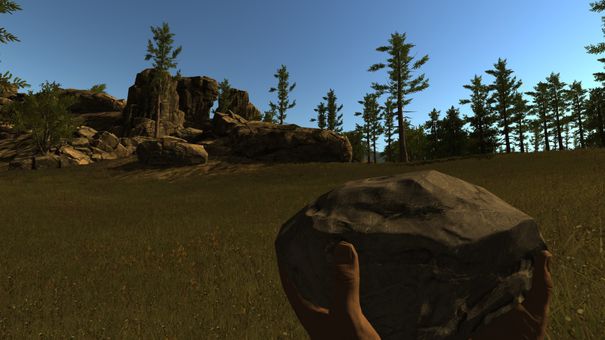
In some ways, at least the early access tag lets you know what you’re getting definitely isn’t finished. That’s more than you can say about some games in 2014 (are you listening, Battlefield 4?)
The solution, then, isn’t one of hard and fast rules or bold statements declaring the relative right or wrong of early access and its kin. The market will dictate the success of such initiatives – it dictates the success of all things – and if players want to receive their experiences like this then that is what will happen.
It’s time, for players to take more responsibility. The old model allowed us, the punter, to be lazy – to accept what we were given and complain into the abyss if it wasn’t up to scratch. Now the lines are blurred; this is how consumerism is modernising in a digital age and the onus is back on the buyer to make sure he or she is getting what they want.
In practical terms, we can’t expect every developer and publisher to attach such an honest letter as Dean Hall’s to his or her early access release. We need to be savvy and take advantage of the communication tools at our disposal in order to be more discerning. And if we do that, the market will weed out the crap Early Access stuff anyway, and any developer who does let its public down will have to be named and shamed in the most public fashion possible.
Regardless of where you might stand on this new and thorny subject, early access isn’t going away. In a gaming culture where trends dictate economics, this is one of the most dangerous ones we’ve seen. So it’s time to start taking responsibility and reminding the developers, publishers and even the big Portal-ly retailer who really works for who.
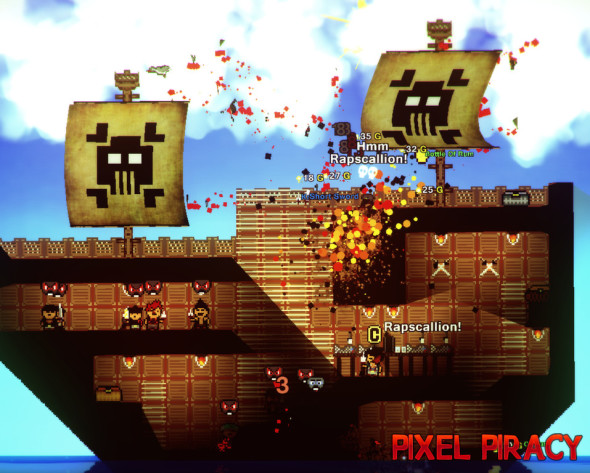
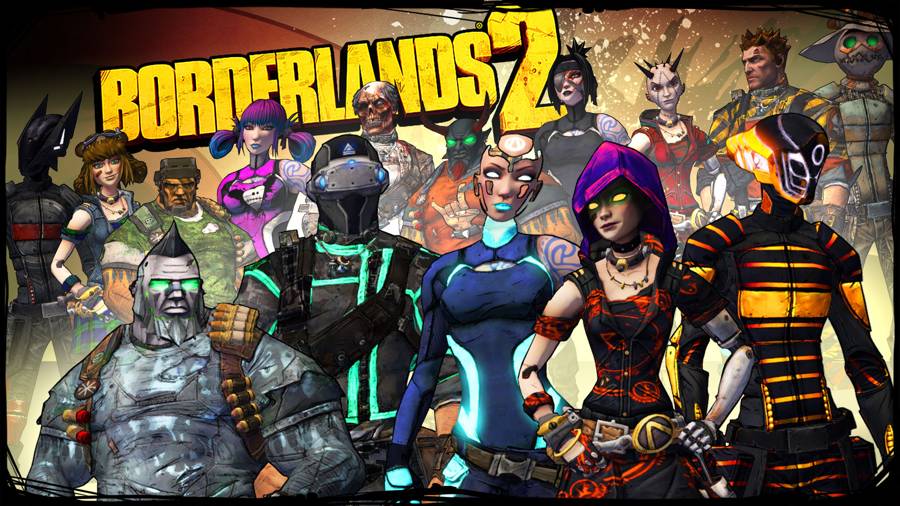


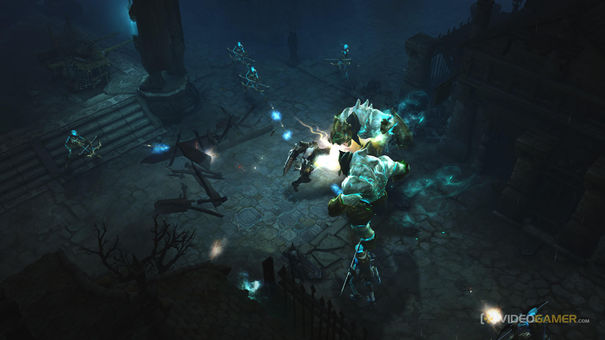 . GOTY 2014 – Tom Orry
. GOTY 2014 – Tom Orry . Plays November 11
. Plays November 11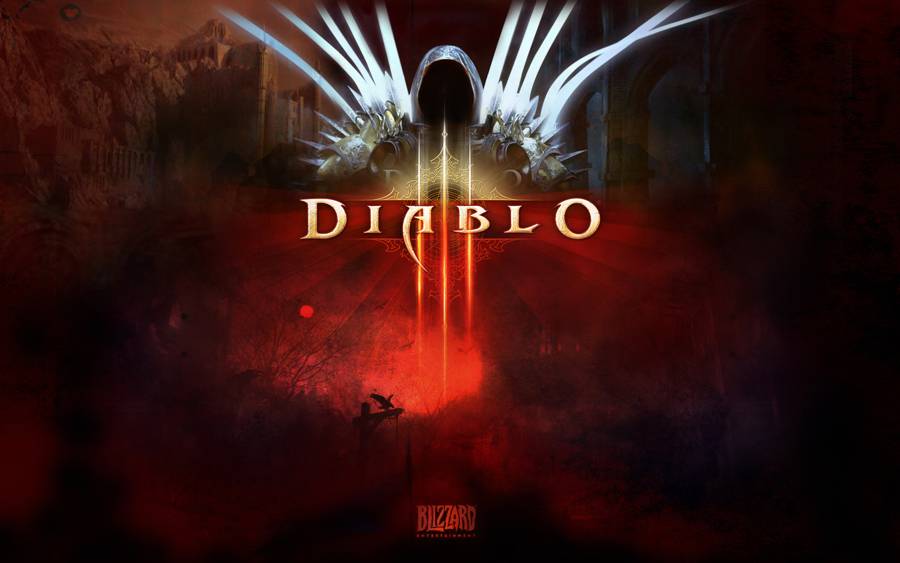 Diablo 3 Beating Belial
Diablo 3 Beating Belial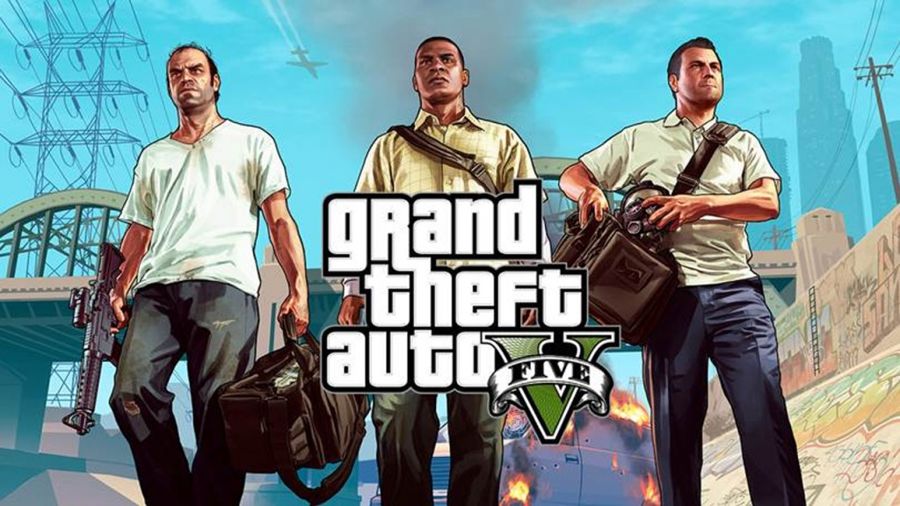 Grand Theft Auto 5 Guide: Vehicle Location Guide - GamersHeroes
Grand Theft Auto 5 Guide: Vehicle Location Guide - GamersHeroes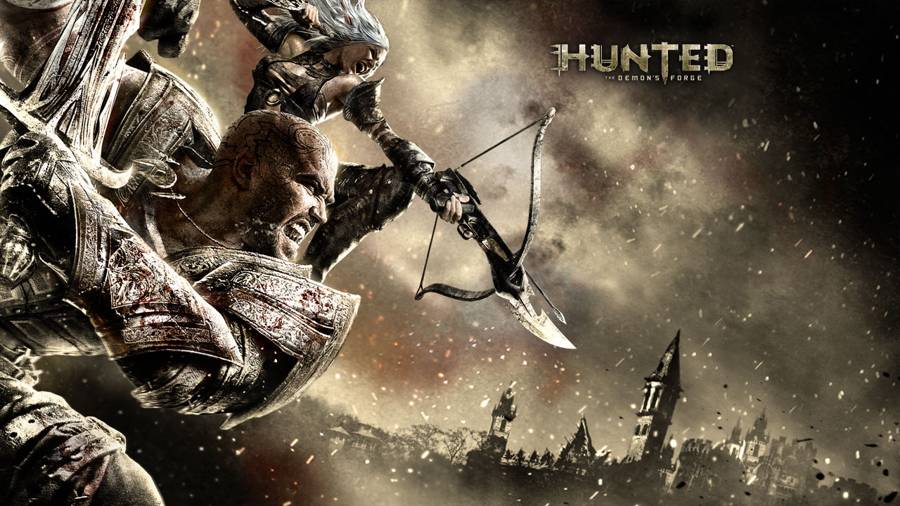 Hunted The Demons Forge Prisoner Location Chapter 2
Hunted The Demons Forge Prisoner Location Chapter 2